What if a single spark could ignite a wildfire of change, turning your everyday grind into a masterpiece of purpose and power? That’s the promise of self-improvement—a journey that rewires your mind, fuels your mental discipline for success, and unlocks a life you never thought possible.
Picture yourself crushing goals, radiating confidence, and thriving through every storm. Ready to make that vision real?
These 10 essential self-improvement tips are your blueprint to personal growth, packed with science-backed strategies to transform how you live, think, and win. Let’s dive in and build the unstoppable you!
Why Self-Improvement Matters
Self-improvement is the deliberate pursuit of personal growth, encompassing habits, mindsets, and actions that enhance your well-being, skills, and purpose. Rooted in psychology, it builds mental discipline for success by fostering resilience, focus, and adaptability.
Whether it’s setting goals or embracing gratitude, self-improvement empowers you to navigate life’s challenges with confidence and clarity.
These 10 tips, grounded in science and real-world wisdom, will guide you to unlock your potential and create a life of fulfillment.
10 Essential Self-Improvement Tips
1. Set Clear and Achievable Goals
A cornerstone of self-improvement, setting clear and achievable goals gives your life direction and purpose. Break your aspirations—like advancing your career or improving health—into manageable tasks, ensuring they’re realistic to avoid frustration.
It’s important to ensure that your goals are realistic and within your reach. While it’s great to dream big, setting excessively ambitious goals can lead to frustration and disappointment. Finding the right balance between challenging yourself and setting yourself up for success is key. Regularly review and adjust your goals as necessary to keep them relevant and congruent with your evolving priorities and circumstances.
Another essential aspect of goal setting is to have a clear timeline for achieving each objective. Without deadlines or a sense of urgency, it’s all too easy to procrastinate and lose sight of what’s truly important to you. Establishing a timeline for your goals, you create a sense of accountability and a roadmap for tracking your progress. This timeline can also help you to prioritize your efforts and make the most efficient use of your time and resources.
For example, instead of “get fit,” aim for “walk 30 minutes daily.” Regularly review your goals to stay aligned with your evolving priorities, fostering mental discipline for success.
- Pro Tip: Write a SMART goal (Specific, Measurable, Achievable, Relevant, Time-bound) and set a deadline to create accountability.
- Try This: List one goal and three small steps to start this week, tracking your progress daily.
As you work towards your goals, celebrating the small victories and milestones along the way is vital for maintaining motivation and a positive mindset. Recognizing and rewarding your achievements, no matter how small, helps to reinforce the belief in your ability to succeed and keeps you moving forward, even in the face of challenges or setbacks.
2. Establish a Consistent Routine
Incorporating a consistent daily routine is another pivotal factor in personal growth and self-improvement. Routines provide structure and stability, which are essential for productivity and emotional well-being. By establishing a well-balanced routine, you can effectively allocate time for various activities such as work, exercise, relaxation, and personal development, ensuring that you make progress in all areas of your life.
Furthermore, a consistent routine can help to reduce decision fatigue and streamline your day-to-day activities. When you have established habits and a set schedule, you can conserve mental energy and focus on the more purposeful and meaningful aspects of your day. This not only enhances your overall efficiency but also alleviates stress and the feeling of being overwhelmed by an endless stream of daily choices.
Another advantage of a consistent routine is the positive impact it can have on your physical and mental health. Prioritizing regular exercise, sufficient sleep, and healthy meals within your daily schedule contributes to increased energy levels, improved focus, and a greater sense of overall well-being. Additionally, carving out time for relaxation and self-care within your routine is essential for preventing burnout and maintaining a healthy work-life balance.
It’s important to recognize that establishing and maintaining a consistent routine requires flexibility and self-compassion. Life is inherently unpredictable, and there will be times when disruptions to your routine occur. Being adaptable and learning to navigate these disruptions without excessive stress or guilt is key to sustaining a positive and productive routine in the long term, supporting your self-improvement efforts.
A consistent routine is a self-improvement powerhouse, providing structure for productivity and well-being. Allocate time for work, exercise, and self-care, like 20 minutes of morning meditation. Flexibility is key—adapt to disruptions without guilt to maintain balance.
Take Jamal, who balanced a demanding job by scheduling workouts and reading daily. His routine boosted his energy and focus, leading to a promotion. Regular routines enhance physical health, reduce stress, and reinforce mental discipline for success, making self-improvement sustainable.
- Pro Tip: Start with one habit, like a 10-minute morning stretch, and build your routine gradually.
- Try This: Create a daily schedule for one week, including one self-care activity, and adjust as needed.
3. Practice Gratitude Daily
Integrating the practice of daily gratitude into your life is a powerful and transformative habit that can have a profound impact on your overall outlook and well-being. Expressing gratitude for the positive aspects of your life, as well as acknowledging the efforts and kindness of others, cultivates a mindset of abundance and contentment. This self-improvement practice creates a positive ripple effect, influencing other areas of your life and contributing to your personal growth.
Research has consistently shown that cultivating a practice of gratitude is linked to numerous mental health benefits, including reduced levels of stress and depression, improved resilience, and increased feelings of happiness and life satisfaction. By intentionally focusing on the positive elements of your life, you can rewire your brain to naturally amplify feelings of optimism and joy, fostering a more positive and resilient mindset.
Additionally, practicing gratitude can enhance your relationships and interpersonal connections. Expressing appreciation and gratitude to the people in your life not only strengthens the bonds you share but also promotes a sense of mutual support and respect within your social circle. This can lead to more fulfilling and harmonious relationships, creating a strong support network for your personal growth and well-being.
The practice of gratitude into your daily routine can serve as a grounding and centering exercise, providing a valuable perspective shift, especially during challenging or stressful times. Reminding yourself of the things you are grateful for offers a stabilizing anchor, helping you to maintain a positive and optimistic outlook, even in the face of adversity, boosting your mental discipline for success.
It’s important to note that the practice of gratitude need not be limited to the acknowledgment of grand or significant events; recognizing and appreciating the small, everyday joys and acts of kindness can be equally, if not more, impactful in cultivating a sense of gratitude and contentment in your life. Embracing the habit of gratitude as a consistent and unwavering self-improvement practice is a powerful testimony to your commitment to personal growth and well-being.
Gratitude is a transformative self-improvement practice that shifts your mindset to abundance. Write down three things you’re thankful for each day—big or small, like a kind word or a sunny morning. This habit fosters resilience and strengthens relationships by deepening appreciation.
Lisa, overwhelmed by stress, started a gratitude journal. Noticing small joys, like coffee with a friend, lifted her mood and focus. Practicing gratitude daily grounds you, enhancing self-improvement and emotional well-being.
- Pro Tip: Keep a gratitude journal by your bed and write three entries before sleep.
- Try This: For one week, thank someone daily for something specific and note how it feels.
4. Exercise Regularly
Engaging in regular physical activity is not only essential for maintaining physical fitness but also has a profound impact on your mental and emotional well-being, making it a cornerstone of personal development and self-improvement. Exercise has been linked to a wide range of mental health benefits, including reduced symptoms of anxiety and depression, improved cognitive function, and enhanced mood and overall sense of well-being.
One of the primary reasons for these mental health benefits is the release of endorphins, often referred to as the “feel-good hormones,” during physical activity. These endorphins interact with the receptors in your brain to produce positive emotions, leading to a natural reduction in stress and an elevation in feelings of happiness and contentment. This physiological response illustrates the powerful impact that regular exercise can have on your mental and emotional state, contributing to your personal growth and resilience.
Regular exercise in your routine can serve as a valuable outlet for the release of built-up tension and stress, providing a constructive and rejuvenating way to navigate the challenges of daily life. Whether through activities such as running, yoga, or dancing, physical exercise offers a means of channeling and dispelling negative energy, leading to a greater sense of balance and emotional equilibrium.
In addition to its mental and emotional benefits, regular exercise is crucial for the maintenance of physical health and vitality, supporting your efforts to lead a life of purpose and vitality. It contributes to the prevention of chronic diseases, the preservation of a healthy weight, and the enhancement of your overall energy levels, allowing you to engage fully in the pursuit of your personal and professional goals.
Sam, a busy dad, started daily walks. Within weeks, he felt calmer and more productive, tackling work with clarity. Exercise builds mental discipline for success, making it a non-negotiable for self-improvement and personal growth.
- Pro Tip: Choose an activity you enjoy, like dancing, to make exercise a habit you love.
- Try This: Commit to 15 minutes of movement daily for a week and track your mood.
5. Read Self-Help Books
Self-help books cover a myriad of topics, including emotional intelligence, mindfulness, goal setting, relationships, and leadership, among countless others. By immersing yourself in these works, you gain access to the distilled knowledge and experiences of individuals who have dedicated their lives to understanding the intricacies of the human experience and the pursuit of personal fulfillment.
This exposure equips you with a diverse toolkit of strategies and approaches, empowering you to select and apply the methods that resonate with you and align with your unique journey of growth and self-improvement.
Reading self-help books is a self-improvement game-changer, offering wisdom to navigate life’s challenges. Books like Atomic Habits or Mindset provide strategies for growth, backed by science. A 2021 survey found 60% of readers felt more motivated after self-help books. Explore topics like mindfulness or goal-setting to expand your toolkit.
Maria, seeking career growth, read The Power of Now and applied its mindfulness tips, reducing stress and earning a leadership role. Regular reading fuels self-improvement by inspiring action and reflection.
- Pro Tip: Read 10 pages daily or listen to audiobooks during commutes for consistent learning.
- Try This: Pick one self-help book and read a chapter this week, noting one takeaway.
6. Reflect on Your Progress
Engaging in regular and thoughtful reflection on your progress is an indispensable practice for cultivating self-awareness, recognizing your achievements, and identifying areas for further growth and development. By carving out dedicated time within your routine to reflect on your experiences, challenges, and triumphs, you create a space for introspection and evaluation, which is essential for the maintenance and ongoing enhancement of your self-improvement journey.
Reflection allows you to gain valuable insights into the patterns of your behavior, thought processes, and emotional responses, providing you with a deeper understanding of the factors that contribute to your overall well-being and progress. This heightened self-awareness equips you to make conscious and informed choices, align your actions with your values and goals, and course-correct when necessary, ensuring that you remain on a trajectory of positive and purposeful development.
Acknowledging and celebrating your achievements, no matter how small, is a vital component of the reflection process. Recognizing the milestones and successes along your journey fosters a sense of self-efficacy, motivation, and gratitude, reinforcing your belief in your ability to overcome challenges and realize your goals. This positive reinforcement is invaluable in nurturing a growth-oriented mindset and a resilient attitude in the face of obstacles and setbacks.
Additionally, the practice of reflection enables you to identify and document your lessons learned from both your accomplishments and your challenges. These insights serve as valuable guideposts, informing your future actions and decisions, and providing you with a repository of wisdom and experience to draw upon as you navigate the twists and turns of life. Ultimately, the act of reflection is a powerful and enriching self-improvement practice that deepens your connection to your personal growth journey and empowers you to continually evolve and flourish.
Reflection is a vital self-improvement practice, fostering self-awareness and growth. Set aside 10 minutes weekly to review your achievements and challenges. A 2022 study found reflection increases self-efficacy by 18%, boosting confidence. Journaling helps identify patterns, like procrastination triggers, and celebrate wins, like completing a project.
Alex reflected weekly on his fitness goals, adjusting his plan to overcome plateaus. This kept him motivated, hitting his target weight in six months. Reflection drives self-improvement by guiding your next steps.
- Pro Tip: Use a journal to answer: “What went well? What can I improve?”
- Try This: Reflect on one goal this week, writing down one success and one lesson.
7. Step Out of Your Comfort Zone
Stepping out of your comfort zone is a self-improvement catalyst, unlocking new possibilities. A 2020 study found trying new experiences boosts adaptability by 22%. Whether it’s public speaking or a new hobby, discomfort fosters growth. Start small, like joining a meetup, to build confidence.
Rachel feared networking but attended a conference, landing a mentor who transformed her career. Embracing discomfort builds resilience, fueling self-improvement and personal growth.
- Pro Tip: List one “scary” action (e.g., asking for feedback) and do it this week.
- Try This: Try one new activity, like a cooking class, and note how it feels.
8. Surround Yourself with Positive People
Your social circle shapes your self-improvement journey. Positive people inspire growth, while negativity drains energy. A 2019 study found supportive networks increase goal success by 30%. Seek friends, mentors, or colleagues who uplift and challenge you to be better.
However, venturing beyond your comfort zone presents an array of opportunities for learning, resilience, and expansion. It is within the realm of discomfort and uncertainty that true growth and transformation occur, propelling you towards new horizons and empowering you to uncover latent strengths and capacities.
Embracing discomfort and ambiguity as integral components of your journey equips you with a robust toolkit for navigating the complexities of life and adapting to evolving circumstances and challenges.
Stepping out of your comfort zone paves the way for the acquisition of new skills, knowledge, and perspectives, enriching your personal arsenal for growth and self-improvement. It fosters a mindset of curiosity, openness, and adaptability, enabling you to approach new experiences and endeavors with a spirit of exploration and a willingness to embrace the unknown.
Mia, stuck in a rut, joined a book club with growth-minded members. Their encouragement sparked her confidence, leading to a new job. Positive connections enhance self-improvement and motivation.
- Pro Tip: Identify one positive person and schedule a coffee chat to deepen your bond.
- Try This: Reach out to someone inspiring this week and share a goal.
9. Learn New Skills
Learning new skills is a self-improvement driver, expanding your capabilities and confidence. A 2021 study found skill acquisition boosts self-esteem by 20%. Whether it’s coding, cooking, or public speaking, new skills keep your mind sharp and adaptable. Online platforms like Coursera make learning accessible.
Furthermore, the act of learning new skills fosters a mindset of curiosity, exploration, and adaptation, positioning you to approach new experiences and challenges with a spirit of openness and a willingness to embrace the unknown. It cultivates a profound sense of agency and empowerment, fueling your journey of personal development with a rich and diverse arsenal of competencies and perspectives.
Jake learned graphic design online, turning a hobby into a side hustle. Continuous learning fuels self-improvement by opening new opportunities and fostering growth.
- Pro Tip: Choose one skill and dedicate 30 minutes weekly to practice, like a language app.
- Try This: Start a free online course this week and complete one lesson.
10. Practice Mindfulness
Mindfulness, a powerful self-improvement tool, enhances focus and emotional balance. A 2020 study found daily mindfulness reduces stress by 28%. Practices like meditation or deep breathing ground you in the present, improving decision-making. Even five minutes daily can make a difference.
By practicing mindfulness, you learn to be fully present in the moment, cultivating a greater sense of awareness and clarity in your thoughts and emotions. This heightened awareness allows you to respond to life’s challenges with greater composure and intentionality, rather than reacting impulsively or being overwhelmed by stress.
Research has shown that regular mindfulness practice can lead to numerous benefits, including reduced stress and anxiety, improved focus and concentration, and enhanced emotional regulation. For example, a 2018 study published in the Journal of Clinical Psychology found that mindfulness meditation reduced symptoms of anxiety by 30% in participants after just eight weeks. By incorporating mindfulness into your daily routine, you can develop a greater sense of inner peace and resilience, which are essential for navigating the ups and downs of life.
Mindfulness can improve your relationships by fostering greater empathy and compassion. By being fully present with others, you can listen more deeply and respond more thoughtfully, strengthening your connections and creating a more positive and supportive social environment. This, in turn, can enhance your overall sense of well-being and contribute to your personal growth.
Sarah meditated daily, calming her anxiety and boosting her productivity. Mindfulness fosters mental discipline for success, making it essential for self-improvement and personal growth.
- Pro Tip: Use a free app like Headspace for a five-minute guided meditation.
- Try This: Practice one minute of deep breathing daily for a week and track your calm.
Conclusion
Your journey to personal growth is a bold, beautiful adventure, and these 10 self-improvement tips—setting goals, building routines, practicing gratitude, and more—are your roadmap to success. Each step you take, from embracing mindfulness to learning new skills, builds mental discipline for success and unlocks your potential. Start with one tip today, lean into the process, and watch how your life transforms. You’re not just improving—you’re becoming the unstoppable, thriving version of you. Go make it happen!
FAQs About Self-Improvement
These self-improvement tips, like goal-setting and mindfulness, build habits that align your actions with your aspirations. A 2018 study found structured habits increase goal success by 35%. For example, Emma’s clear goals led to her business launch. By fostering mental discipline for success, these tips keep you focused and resilient, turning dreams into reality.
Results vary, but small changes can appear in weeks. A 2019 study found habit formation takes 21–66 days. Practicing gratitude, like Lisa, may lift mood in a month. Consistent effort with these self-improvement tips compounds over time, leading to lasting growth and mental discipline for success.
Struggling is normal! Start small, like one-minute mindfulness, to build momentum. Research shows micro-habits increase adherence by 40%. If you slip, practice self-compassion and refocus. Joining a supportive group, like Mia, can boost accountability and keep your self-improvement on track.
Yes! Self-improvement practices like gratitude and mindfulness enhance emotional intelligence, strengthening bonds. A 2020 study found gratitude improves relationships by 25%. By expressing appreciation, like Lisa, you foster trust and connection, supporting personal growth and well-being.
Pick a tip that aligns with your current needs. Stressed? Try mindfulness, like Sarah. Seeking growth? Learn a skill, like Jake. Test one tip for a week to see what resonates. All these self-improvement tips are flexible, so experiment to find what drives your mental discipline for success.


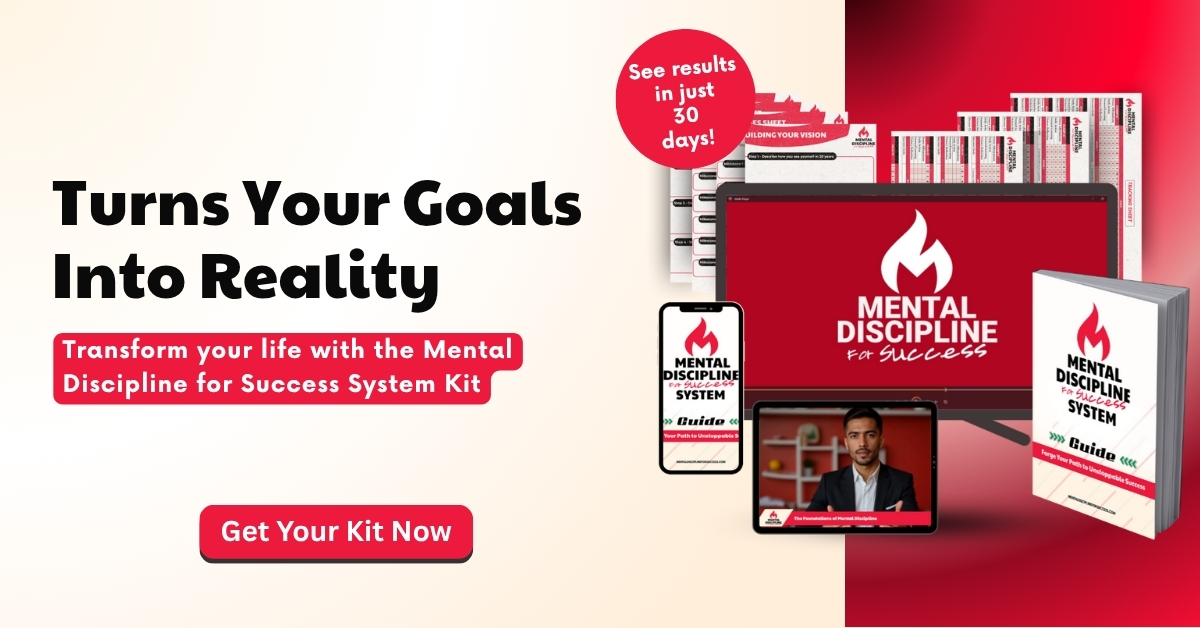



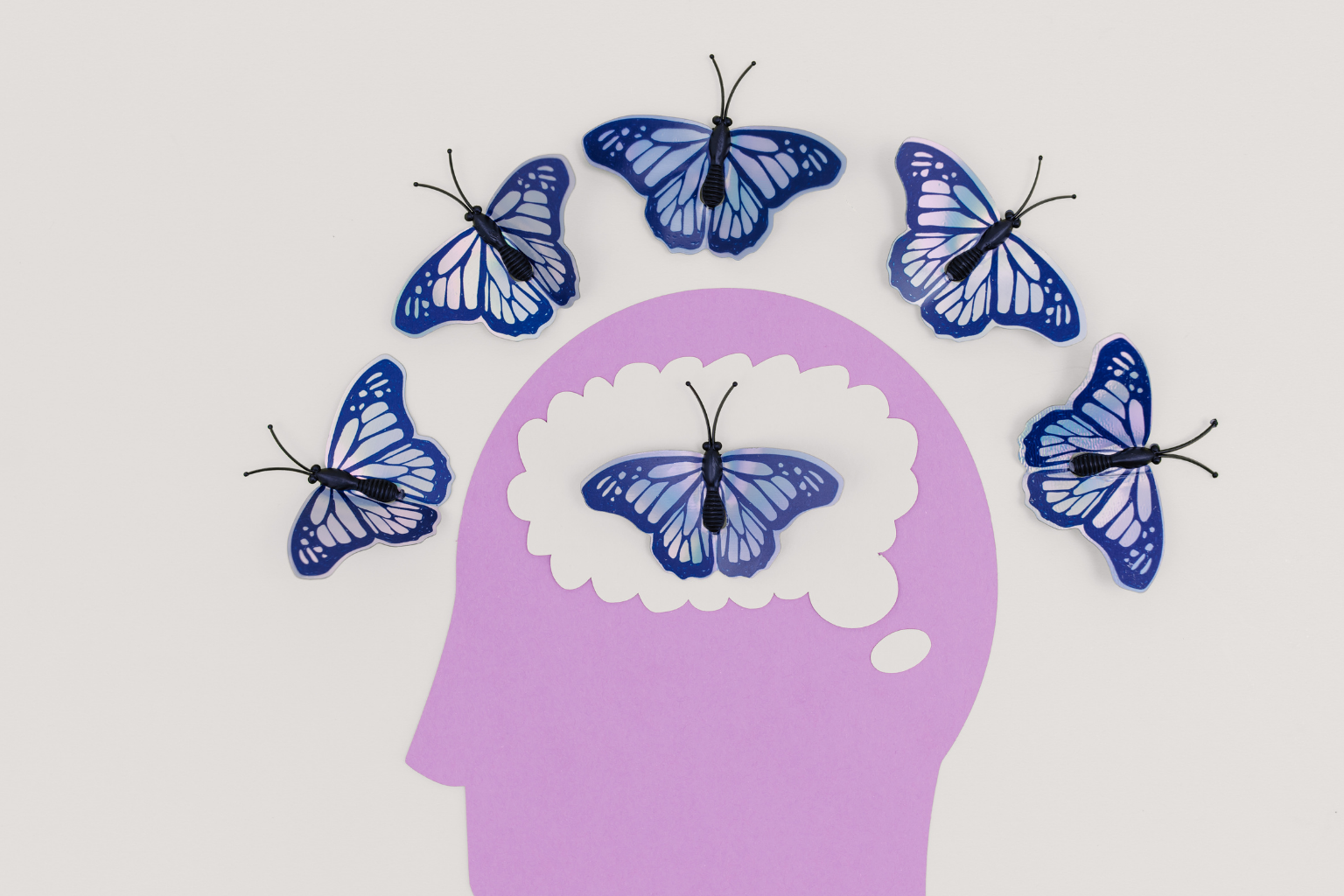

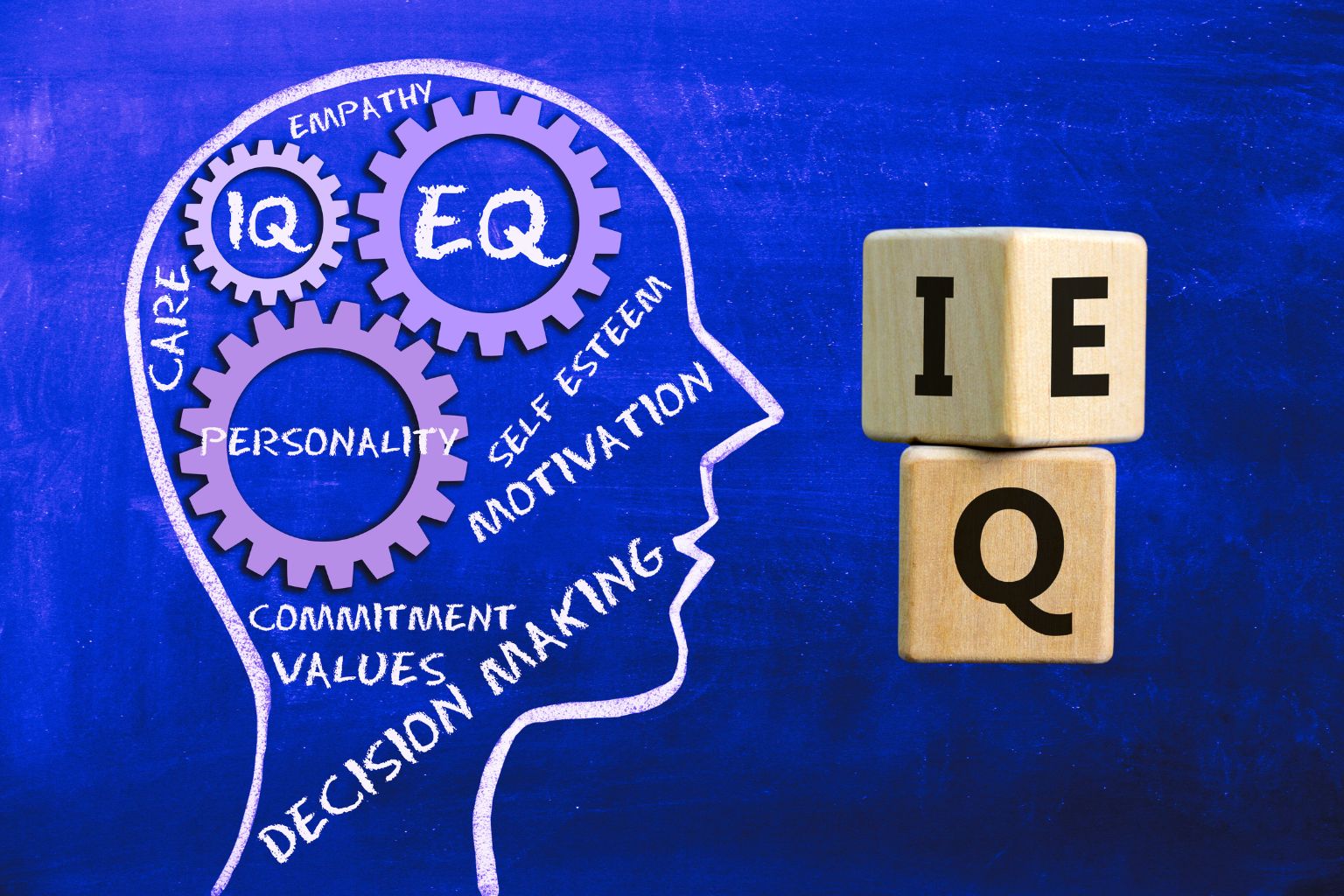

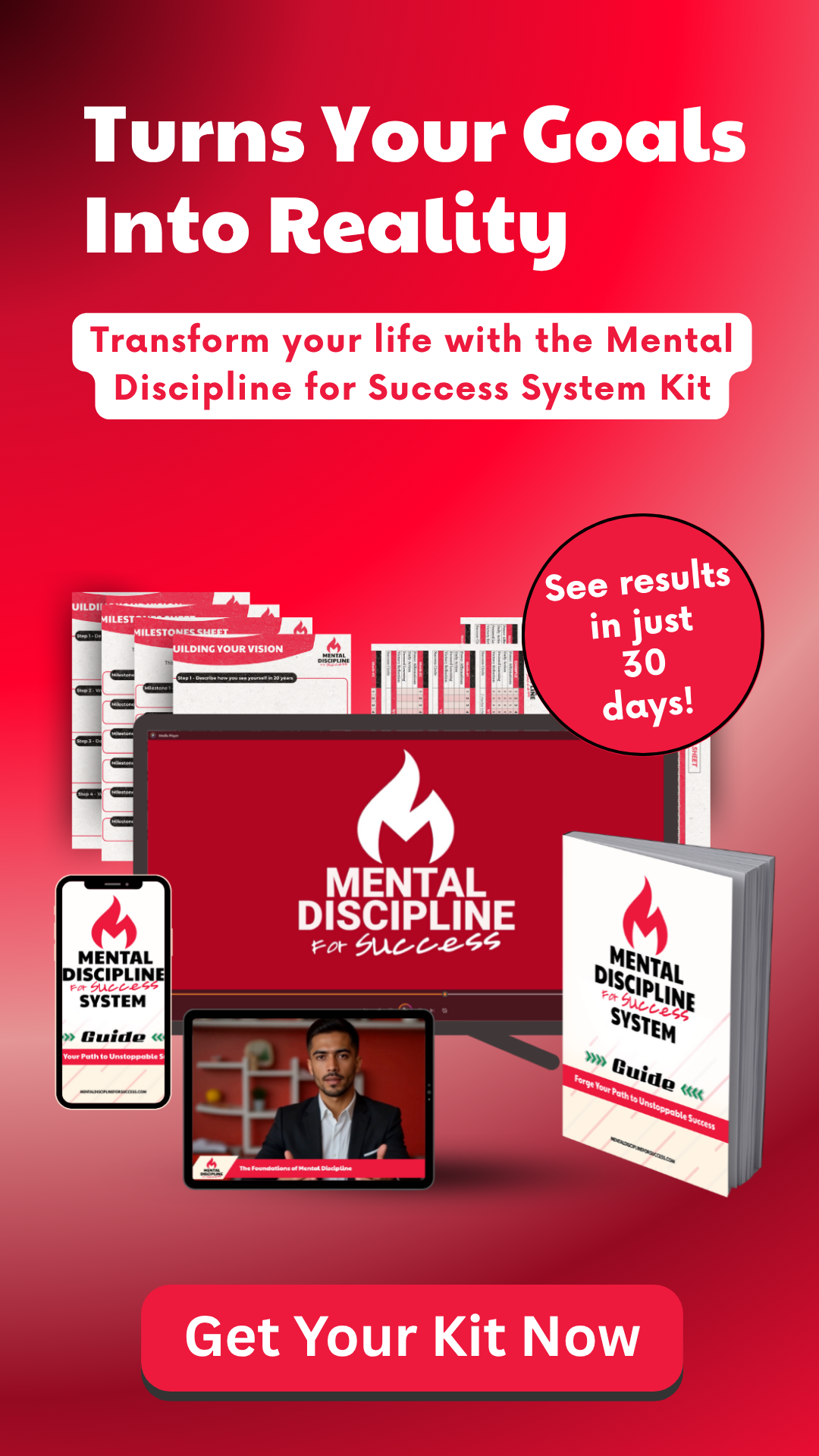
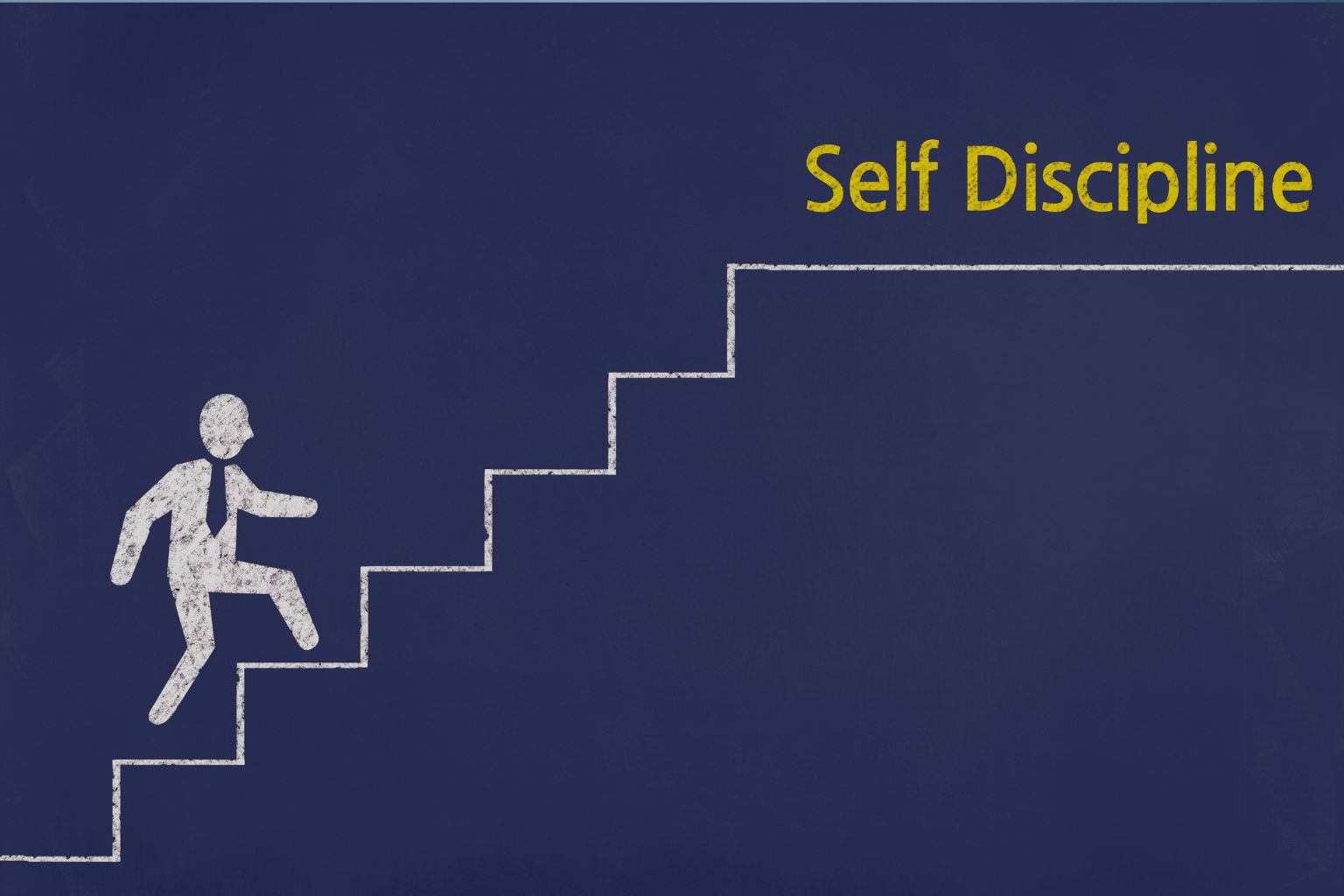
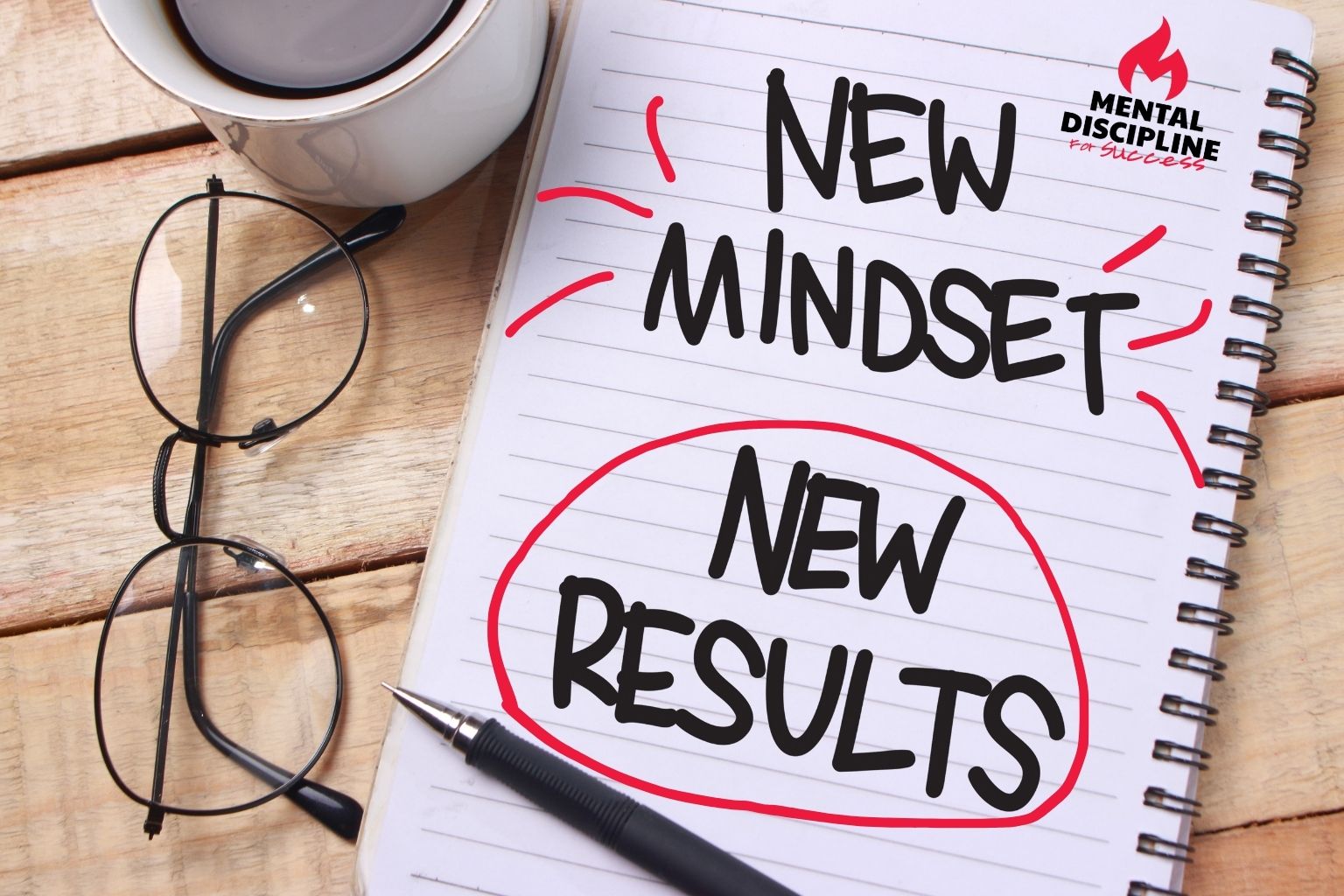




Share it!